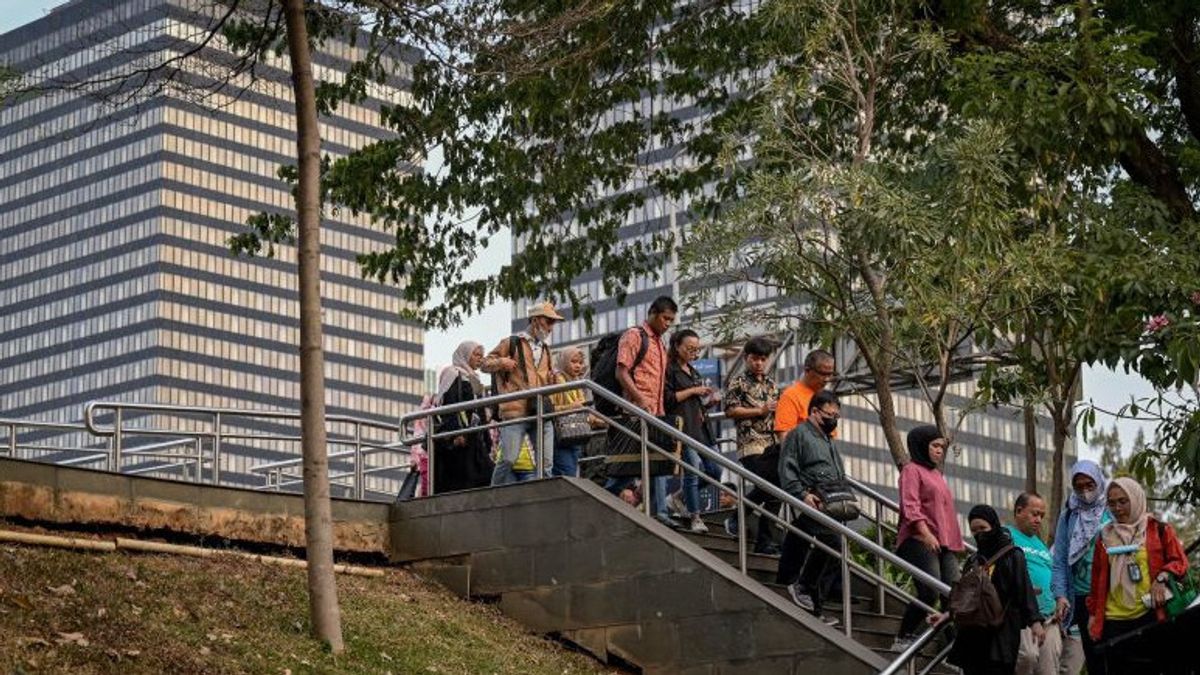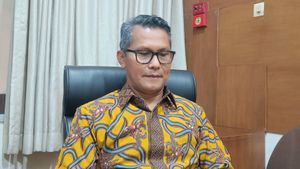JAKARTA - Social observer from the University of Indonesia (UI) Rissalwan Habdy Lubis conveyed that the need for a social security program (jamsos) to run is more effective in supporting people in need when facing the reality of middle class people who are prone to falling class.
Rissalwan said that one aspect that can maintain the condition of the middle class, which is the driving force of the economy, is to ensure a strong social security program and is supported by qualified data so that it is right on target.
"The accuracy of the program's targets based on accurate data needs to be a concern," he said, quoted from Antara, Sunday, September 8.
With this accurate database, he said, various social security programs run by the government with a high budget can be more effective in continuing to improve the current condition of the community.
Some of these social security examples include Old Age Security and Job Loss Guarantee (JKP) run by BPJS Ketenagakerjaan, Pre-Employment Cards to improve competence and Smart Indonesia Cards (KIP) to ease education costs.
Rissalwan also encouraged the innovation of social security programs not only those carried out by the central government but also the potential of local governments.
"Innovation and concrete efforts of local programs and resources should be maximized to reduce the shift in the level of community welfare," he said.
Previously, data from the Central Statistics Agency (BPS) as of August 2024 showed a decline in the number of middle class population. Data in 2019 shows the number of 57.33 million people which then fell to 53.83 million people in 2021.
BPS again recorded a decline in the number of middle class in 2022 to 49.51 million people and 48.27 million people in 2023 which fell again this year to 47.85 million people.
SEE ALSO:
At the same time, the number of people entering the category towards the middle class (aspiring middle class) from 128.85 million people rose to 137.50 million people in 2024. In addition, the number of vulnerable poor people was also recorded to have increased from 2019 to 54.97 million people to 67.69 million people.
Acting (Plt) Head of BPS Amalia Adininggar Widyasanti in a press conference on August 30, 2024, said that strengthening purchasing power is needed not only for the poor but also for the middle class and towards the middle class.
Meanwhile, Minister of Social Affairs (Mensos) Tri Rismaharini on Wednesday, September 3 confirmed that he would continue to try to find data on middle class people who are vulnerable to experiencing lower classes so that they can immediately distribute aid to maintain their purchasing power.
The English, Chinese, Japanese, Arabic, and French versions are automatically generated by the AI. So there may still be inaccuracies in translating, please always see Indonesian as our main language. (system supported by DigitalSiber.id)
















